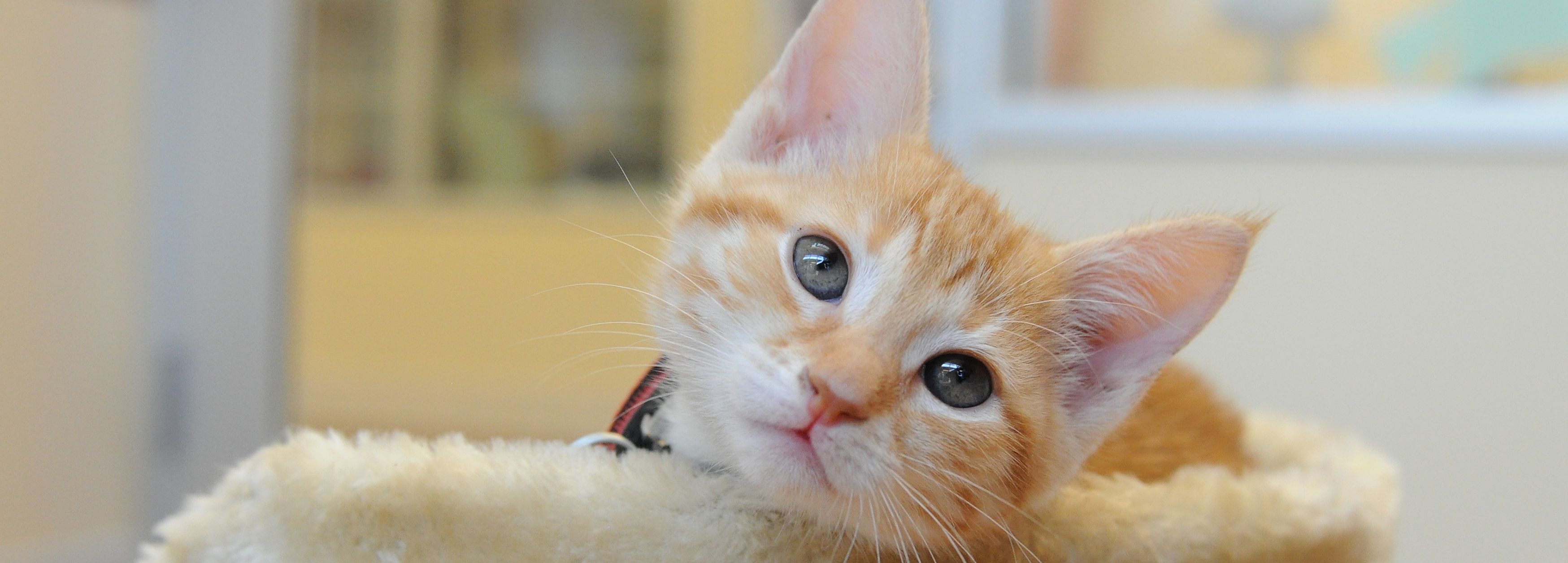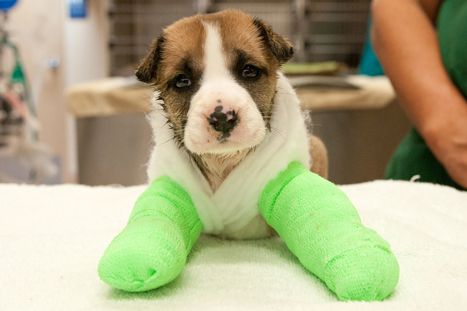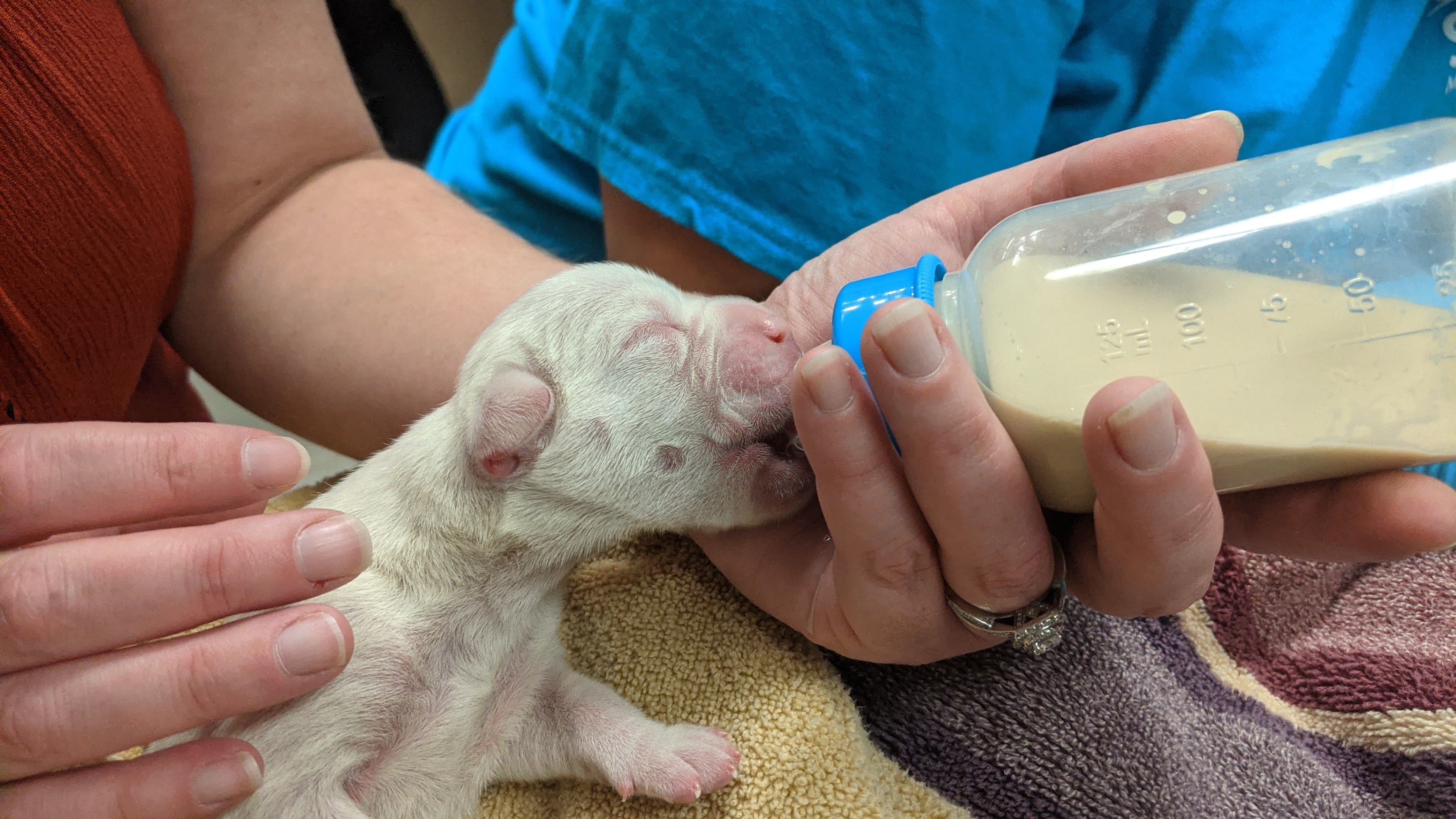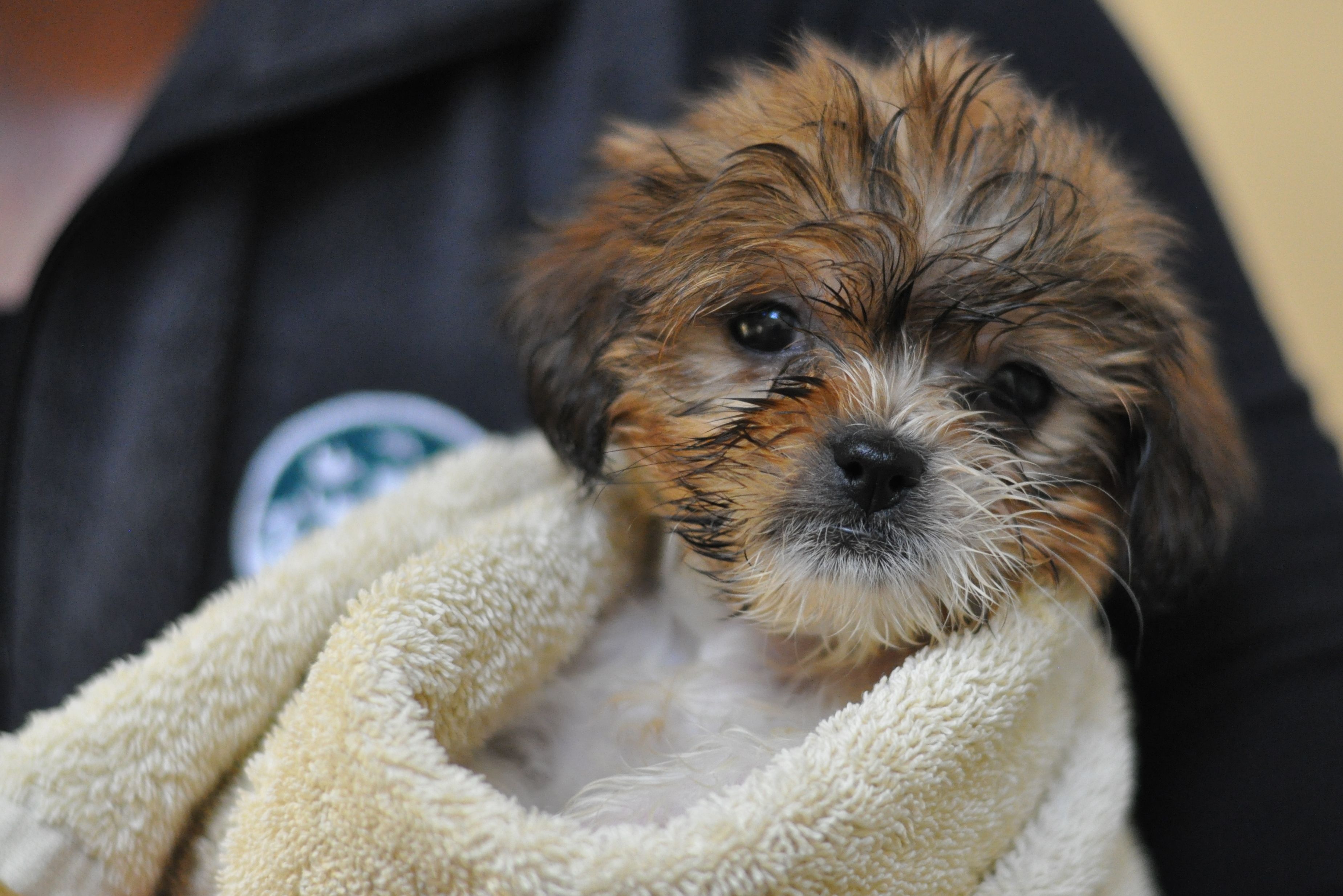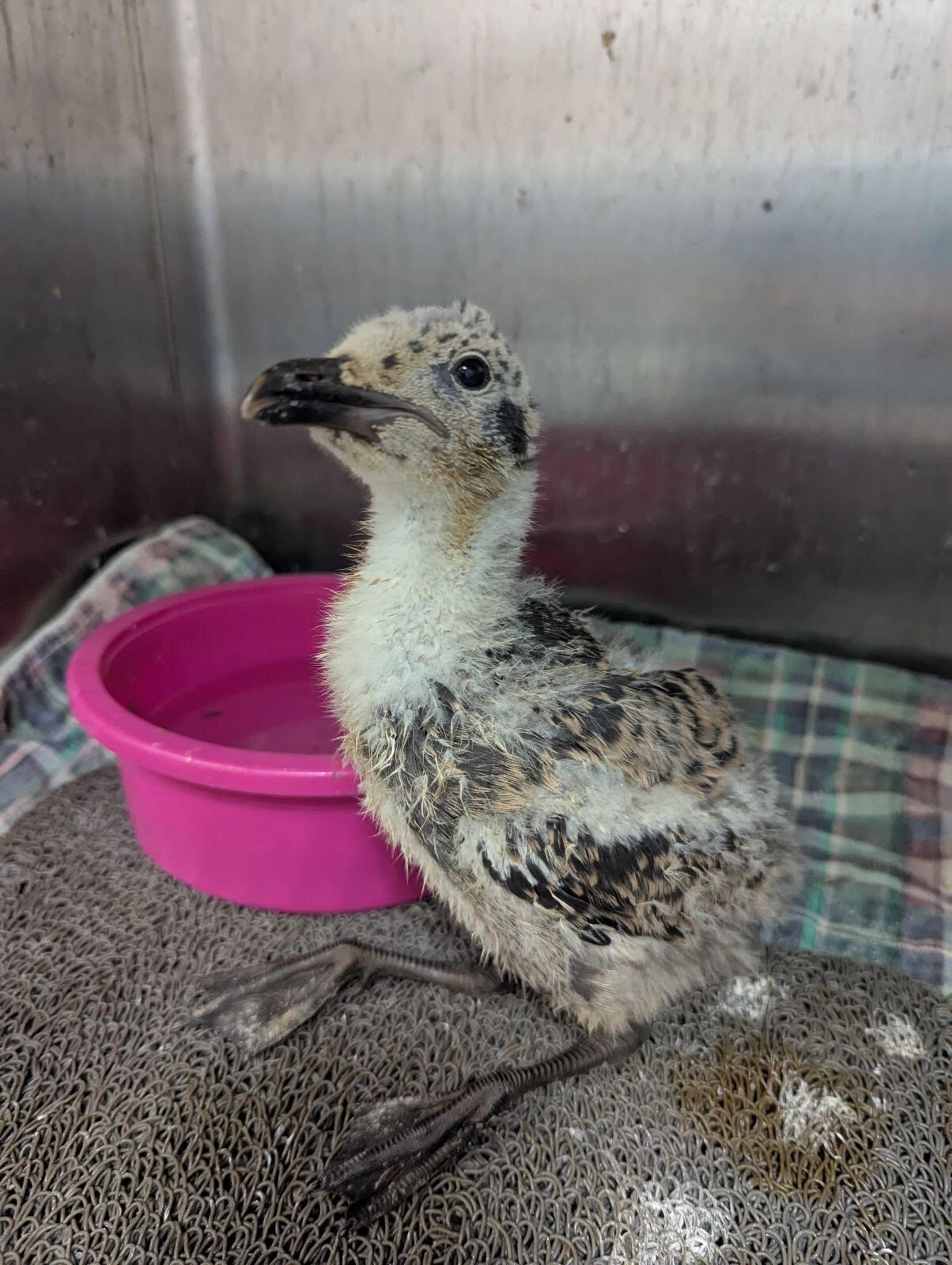
Last week, SPCA Monterey County Wildlife Rescue and Rehabilitation Center cared for 172 rescued wild patients in one day, a new record for the number of rescued wild animals in our compassionate care.
Today, we are caring for 133 injured, sick, or orphaned wild animals, including Acorn Woodpeckers, an American Crow, an American Robin, Band-tailed Pigeons, Barn Owls, Barn Swallows, Bewick's Wrens, a Black-headed Grosbeak, Black-tailed Deer, a Bobcat, Brewer's Blackbirds, a Brown-headed Cowbird, Brush Rabbits, California Ground Squirrels, a California Gull, California Scrub-Jays, Cliff Swallows, a Common Murre, Common Ravens, Dark-eyed Juncos, a Dusky-footed Woodrat, an Eastern Fox Squirrel, Eurasian Collared Doves, a Gopher Snake, House Finches, a Mourning Dove, a Northern Mockingbird, Northern Raccoons, Red-shouldered Hawks, Red-tailed Hawks, Rock Pigeons, Snowy Plovers, Striped Skunks, Virginia Opossums, a Virginia Rail, and Western Gulls.
With so many patients in care, our skilled team of staff and volunteers are incredibly busy. Baby birds need to be fed as often as every 20 minutes from 7 am to 7 pm. That adds up to over 125 feedings every single day, just for our wild baby birds.
The SPCA Wildlife Center is the only full-service wildlife rescue and rehabilitation center in Monterey County. We are an independent nonprofit organization and we are not a chapter of any other agency. Our rescues are made possible by the support of our donors.
How To Help:
- Donate at www.spcamc.org/donate
- Purchase gifts on Amazon at SPCAmc.org/baby-shower
- Donate empty glass baby food jars to help us feed baby birds. Jars can be brought to the Wildlife Center at the SPCA.
- Donate eggs and mealworms to help feed our wild patients. Eggs and mealworms are good sources of protein for rescued adult animals recovering from injuries or orphaned babies too young to survive on their own in the wild. Donations can be given at our Wildlife Center at the SPCA.
- Keep wildlife wild. Learn when animals need to be rescued and when they are safe in the wild: www.spcamc.org/blog
Thank you for your support that lets us always be here when animals need us!






